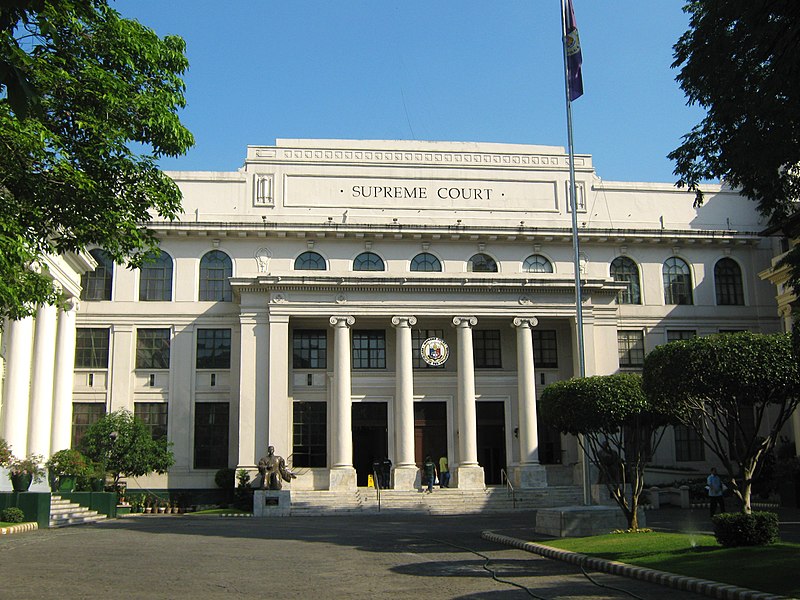Rappler.com, Nov 26, 2020, Rambo Talabong
MANILA, Philippines
The top legal minds of the Philippines urge the Supreme Court to put a stop to the controversial Anti-Terror Law ahead of the oral arguments
The top legal minds of the Philippines united on Thursday, November 26, to reiterate their call to the Supreme Court to stop the controversial Anti-Terror Law.
Majority of the 37 petitioners against the terror law signed a joint motion to reiterate their prayers for the issuance of a temporary restraining order (TRO) and/or a status quo ante order, either of which would effectively stop the law’s effectivity until the SC decides on their petitions.
Some 24 lawyers, representing 24 of the 37 petitioners, signed the joint motion. The signatories include National Union of People’s Lawyers president Edre Olalia, Bayan Muna chairperson Neri Colmenares, and Albay 1st District Representative Edcel Lagman. Other petitioners who are based in the provinces are expected to join the call.
While it is a reiteration, the joint motion is a resounding plea asking the High Court’s justices to act expeditiously as the Philippine government implements the law that has been flagged as unconstitutional and dangerous for many Filipinos. (READ: What’s stopping Supreme Court from issuing TRO vs anti-terror law?)
Why the iteration?
The petitioners were alarmed by the Philippine government’s application of the law, 4 months since it took effect. The first reported application of the law was against two Aetas in Zambales accused of shooting soldiers.
“These reported cases are only those involving incidents of criminal prosecution. It does not include the implementation of its provisions involving acts like surveillance, ex parte examination of bank accounts and similar provisions,” the motion read.
The petitioners added that the military has been surveilling members of their team and that some of them have been red-tagged by the military, placing their lives in danger.
“We collectively submit that it is imperative and thus implore the Honorable Court to meanwhile issue the injunctive relief prayed for if only to prevent, in the meantime running up to almost two months before the oral arguments, any further implementation of the provisions of the assailed law which may impact on the lives, liberties and security of the petitioners and the public at large,” the petitioners said. – Rappler.com

